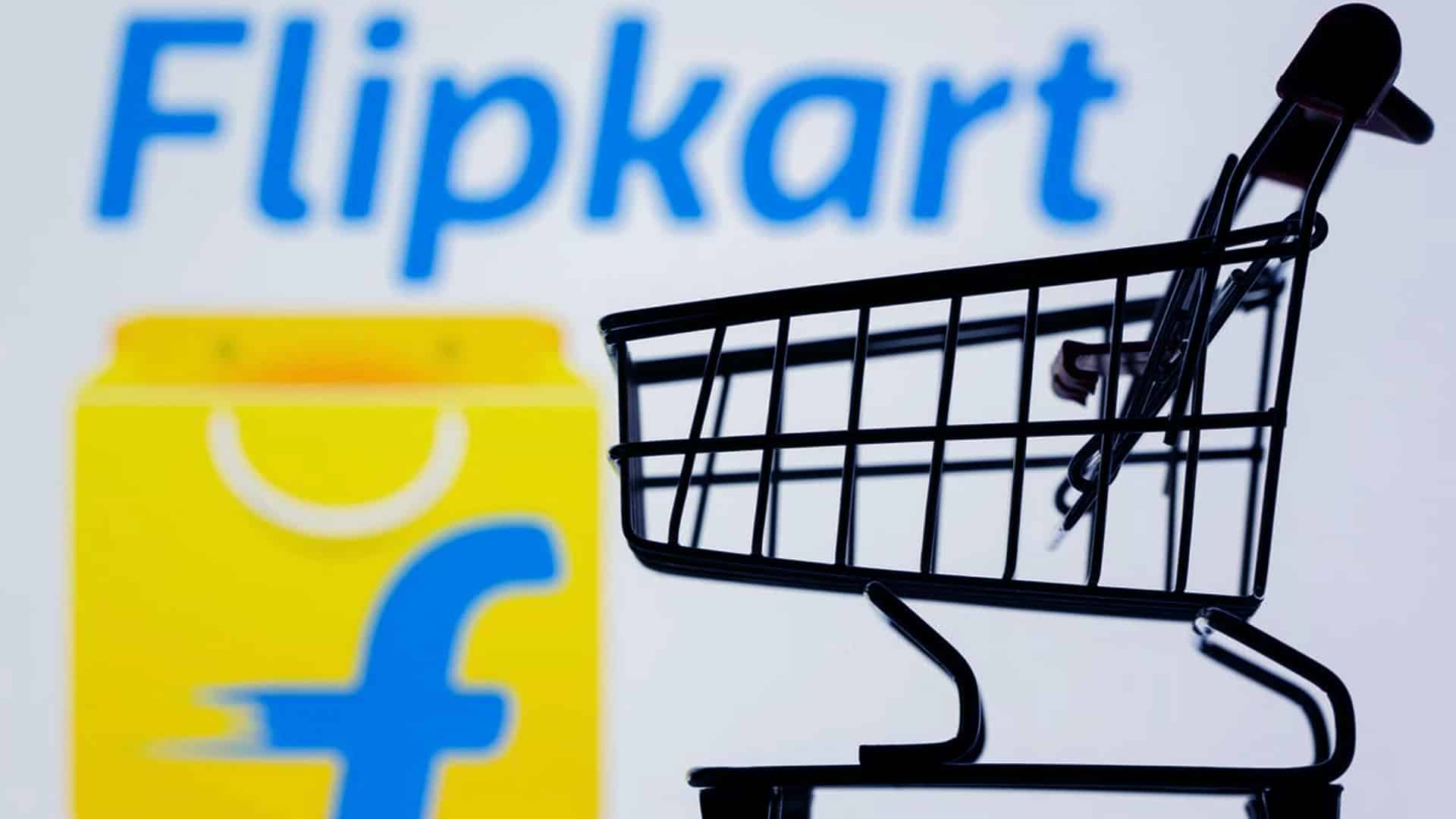E-commerce
Consumer interest watchdog CCPA issues notices to Flipkart, Meesho for sale of acid on their platforms
The Central Consumer Protection Authority (CCPA) has sent notices to e-commerce players Flipkart and meesho.com for gross violations of norms relating to sale of acid on their platforms.
The notices follow reports that in recent acid attack on a girl in Dwarka, Delhi, the accused had bought acid from Flipkart. On Thursday, the Delhi Commission for Women issued notices to two e-commerce firms for allegedly allowing sale of acid on their platforms. The Delhi Police had also issued a notice to Flipkart after it found that the acid was procured from the e-commerce firm.
Also read: Fashion tech startup Virgio raises USD 37 million
“CCPA has sent notices to two e-commerce entities, namely Flipkart Internet Pvt Ltd and Fashnear Technologies Pvt Ltd (meesho.com) for gross violations relating to sale of acid reported on their platforms. It has directed these entities to furnish detailed responses within 7 days,” Ministry of Consumer Affairs said in a statement. Any non-compliance by these e-commerce entities with the directions of CCPA’s notices will be strictly dealt with as per the provisions of Consumer Protection Act, 2019, it added.
CCPA, on a suo moto examination of online sale of corrosive acids, came across Meesho and found it to be selling such acids in violation of directions of the Supreme Court as well as an advisory issued by the home ministry, the ministry said. Two masked men on a bike threw acid on a teenager minutes after she left her home for school on Wednesday, leaving her with serious injuries. As outrage spread over the attack, many also raised questions over the availability of acid in markets despite a ban. The police have arrested three men and found that the main accused, Sachin Arora, had procured the acid from Flipkart.
The ministry said CCPA has taken strong action on violations of consumer rights. In a run-up to the increasing crimes in the society, CCPA took stringent action to safeguard consumer interests. “CCPA has come across the sale of highly corrosive acids on these e-commerce platforms. It has questioned the easy and unregulated availability of such acids on these e-platforms. Availability of hazardous acids in such accessible manner can be dangerous and unsafe for consumers and to public at large,” the ministry said.
In light of a recent incident of acid attack on a 17-year-old in Delhi whereby media reports have highlighted that the alleged offenders had purchased the acid from Flipkart, the ministry said CCPA has directed these firms to submit a detailed response, along with necessary supporting documents within 7 days. It may be mentioned that in furtherance of the directions of the Supreme Court in the matter of Laxmi vs Union Of India & Ors, the home ministry had issued an advisory on ‘Measures to be taken to prevent acid attacks on people and for treatment and rehabilitation of survivors’ on August 30, 2013.
The home ministry had asked all states/UTs to take immediate steps to implement the measures mentioned in the advisory for reduction of acid attacks and treatment and rehabilitation of acid attack survivors. Several states/UTs have already issued guidelines to regulate the sale of acids. “Since these e-commerce platforms operate and deliver their products across the length and breadth of the nation, they have been asked to provide the checks and compliances undertaken by them in this regard,” the statement said.
The ‘consumer rights’ as defined under Section 2(9) of the Consumer Protection Act, 2019 include the right to be protected against the marketing of goods, products or services which are hazardous to life and property. Sale of highly corrosive acids in an easy, accessible and unregulated manner without any due diligence whatsoever by the e-marketplace entity can lead to disastrous consequences to the consumers, especially the vulnerable sections of the society, namely women and children, the ministry said.
As per Section 4 (3) of Consumer Protection (E-Commerce) Rules, 2020, no e-commerce entity shall adopt any unfair trade practice, whether in the course of business on its platform or otherwise. Considering the urgent need and attention, CCPA has taken suo moto note of the present matter. Under Section 18 (1) of the Act, CCPA is empowered to protect, promote and enforce the rights of consumers as a class, and prevent violation of consumer rights, as well as prevent unfair trade practices and ensure that no person engages himself in such practices.
“Through this intervention, CCPA wishes to strengthen the interest of consumers and is committed towards safety and protection of their well-being,” the statement said.











































Pingback: Amazon India, Flipkart Served Notices for Selling of Pakistani Flags